(Continued from Part I)
Moragan saw the Red Brother appear at their shop door before Cutter did. She immediately knew him as a user of magic, not by the crimson robes or his shaven head, but by the blood red stain that spread over his facial features. It began beneath his neck, reached up over his left eye, and spread from there across his entire scalp, a bubbling mass of crimson that caused his head to look misshapen and bloated in the bright doorway.
Moragan immediately felt a certain affinity for him: he was scarred as she was scarred, and in much the same place. But that kinship was not complete. The Red Brethren, Cutter had told her as a young girl, became stained as a side effect of their magic. The larger and deeper the stain, the more powerful magic it evidenced. The wizards were deformed, but Moragan knew they were deformed of their own volition, that it was something they sought, and that they were even honored for it. She shivered at the idea. Still, she wondered if he suffered for his deformity and how. Probably not, she decided. He could fight back.
The Red Brother was shadowed through the doorway by an armored manservant, dressed likewise in crimson, holding what appeared to be a covered birdcage. The Red Brother looked dismissively at Moragan then floated toward her father, crimson robe in his wake. “You are Cutter, the dragon hunter,” he said. “I have a task for you.”
Moragan watched the cold expression on Cutter’s face as the Red Brother spoke. He did not seem pleased with the “task.”
“I am certain,” began Cutter, “that the island dragons lay the eggs in Westering Slough somewhere near the ocean. But no one knows precisely where, nor has any man counted the days of the hatching. I don’t even know, and I suspect I am not alone, even in this room, if dragons guard their nests. And yet you ask me to crawl through twenty thousand square miles of muck and cedar to procure for you a dozen of these eggs?”
The Red Brother was unfazed. “I agree that such a task might prove impossible, but also it may not. I understand that if such a feat is possible, no man in this area but you could pull it off. Therefore I make you an offer: if you succeed, I will make you rich beyond your dreams. If after three weeks you do not, I will pay you thrice a laborer’s wages for your days. That ought to provide you some incentive while negating your objections. You hunt in Westering Slough anyway. Why not help us both?”
Cutter looked directly at the brother. “What are you going to do with the eggs?” he asked.
“What I do with them is not truly your concern,” came the answer. The Red Brother’s tone did not invite debate on the point.
“If you are going to raise dragons or train them, I will not help you under any circumstances. Spare time enough to hear a sorry tale and you will understand why.” Cutter waited until the Red Brother nodded, then continued.
“I have always been a dragon hunter,” he said, “as were my father before me and his father before him. My father taught me to harvest them efficiently, to work the skins well, and even to make beautiful tanned objects, though my skill on my best days never equaled his. I began to teach my young sons the trade as well. They learned quickly, having more of my father’s talent with leather than mine.
“One day as we hunted in the slough, I pulled out a wyrmling that was more mature than I had before seen in that area. It had legs and could breathe air. Rather than harvesting it immediately, we three decided to bring it home and to tame it, to see if we could make a pet therefrom. It is an error that has haunted me every day since.
“The boys named the dragon Moira. She was a fast learner, intelligent and perceptive, and even able to do little tricks. She was like a puppy to the boys. My wife, however, opposed the project from the first. ‘If you nourish evil,’ she warned, ‘it will sooner or later turn on you.’ But I ignored her pleas, and eventually she stopped speaking on it.
“Moira grew over the course of a year. Her gills closed and her wings broke through the skin of her back. She was growing quickly and had reached almost the size of a mastiff. Besides becoming harder to feed, she grew more aggressive and even cruel. She would kill on occasion for pure fun, using her claws to cause her victims excruciating pain, then not even eating the meat. We kept her thereafter locked in a cage, and I wondered often what I had gotten myself into. The boys still loved her, but I was beginning to fear her. I started making plans to put her down, but I wondered now if I had the strength.
“One day, after unsuccessfully calling my sons for dinner, I went to barn to look for them. What I found was a study in horror…
(Continued in Part III)
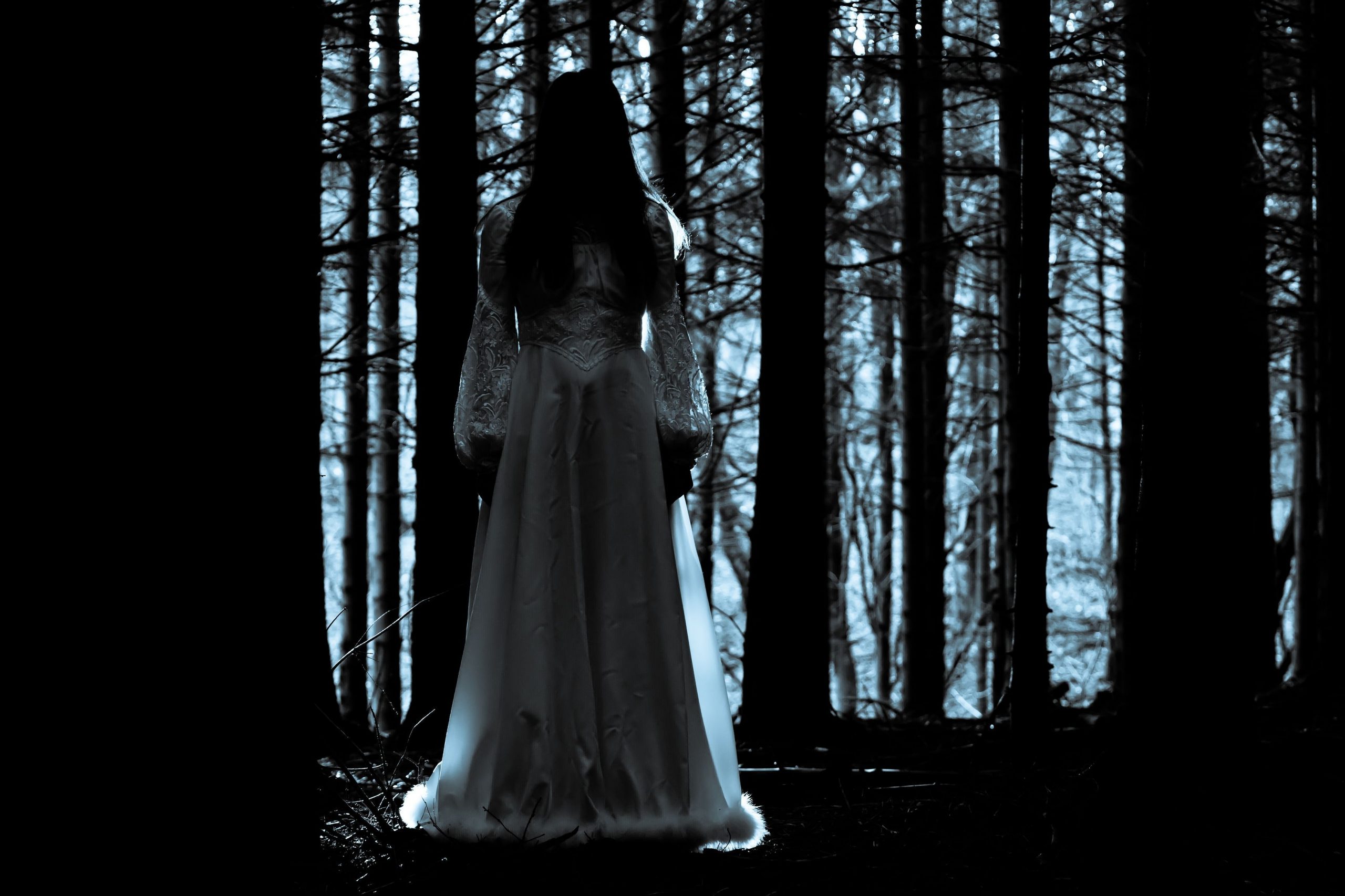


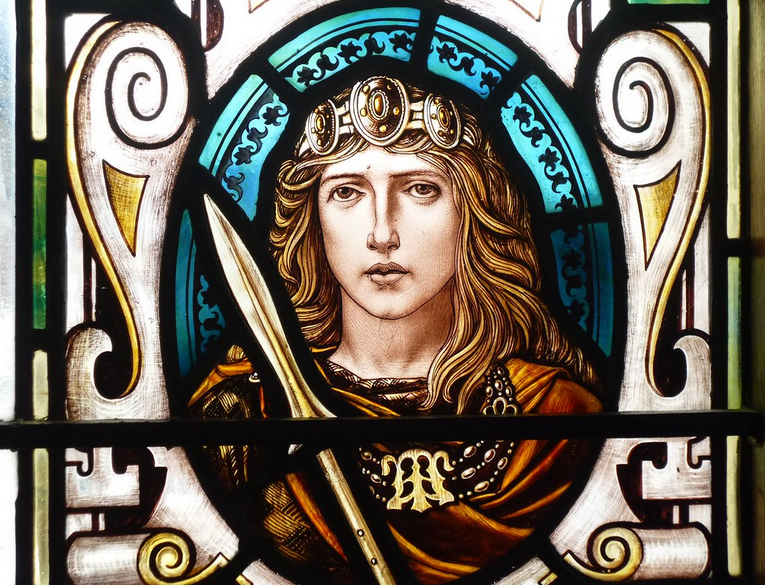
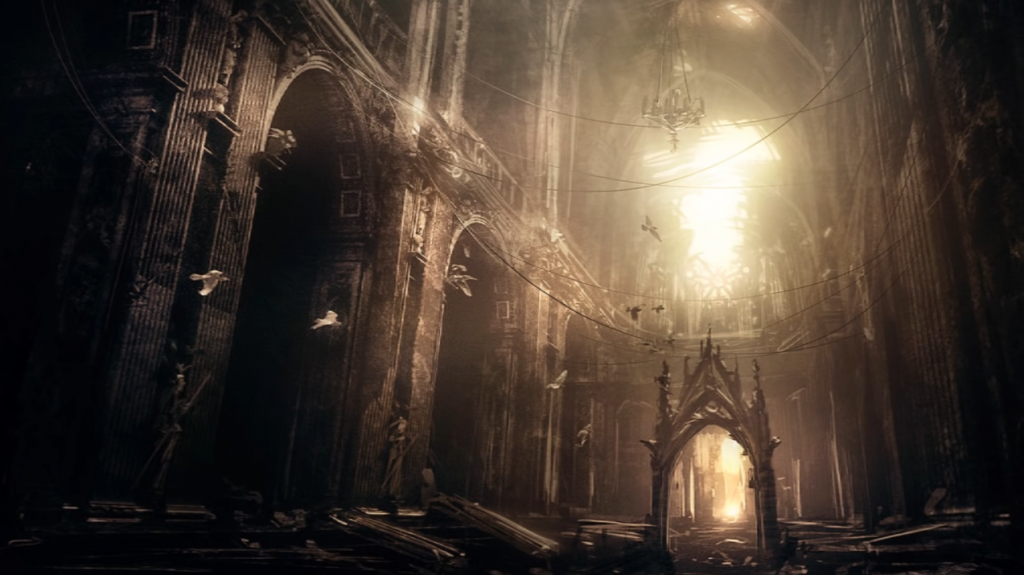


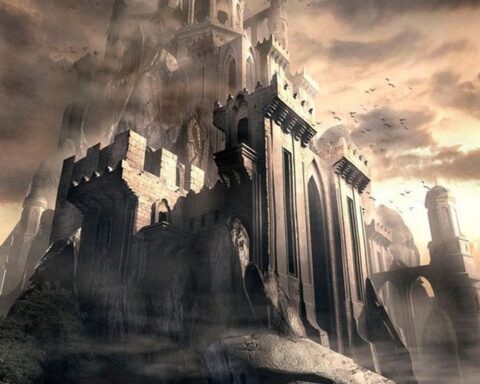

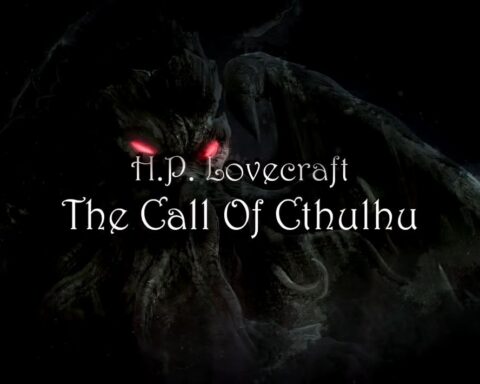
4